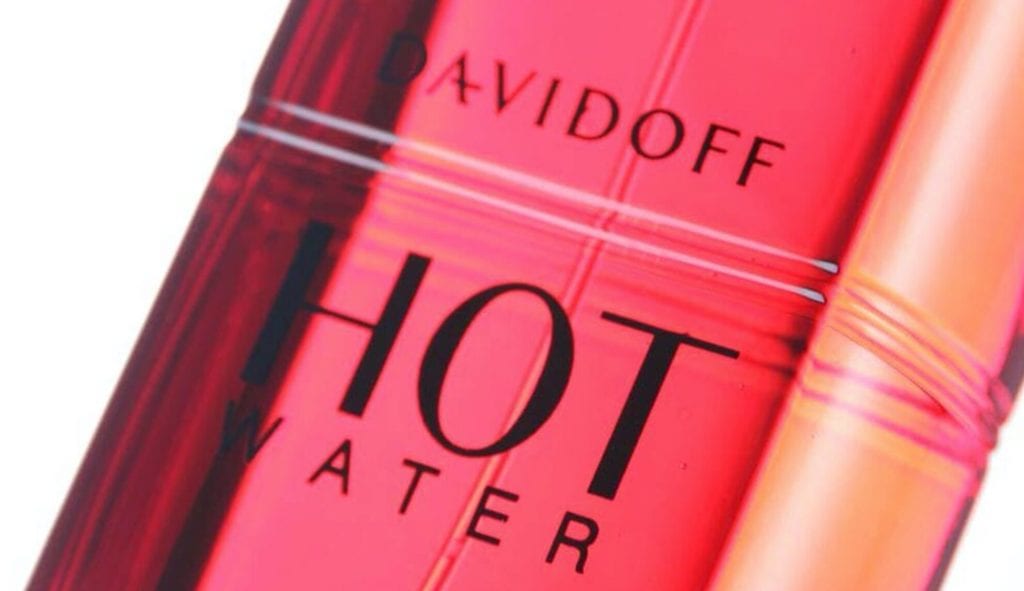The unauthorized sale of Davidoff’s Hot Water cologne is at the center of one of the latest battles between purveyors of luxury goods and Amazon, and an advisory opinion from the highest court in the European Union does not necessarily bode well for the Seattle-based e-commerce titan. In a November 28 opinion, Court of Justice of the European Union (“CJEU”) Advocate General Manuel Campos Sanchez-Bordona stated that companies like Amazon could, in fact, be held liable for failing to exercise a certain degree of diligence in detecting counterfeit or otherwise infringing products from third-party sellers.
Providing a non-binding opinion in the case that Davidoff licensee Coty initiated against Amazon after uncovering the unauthorized offering of Hot Water cologne on Amazon’s German site, AG Sanchez-Bordona of the CJEU determined that e-commerce marketplaces that exercise “significant involvement” in the facilitation of sales by third-parties cannot escape liability when it comes to trademark infringing goods.
“Simple warehouse keepers cannot be [held to] a specific duty of care to ensure, in every case … the authenticity of the goods entrusted to them, unless the infringement is manifestly unlawful,” AG Sanchez-Bordona stated, noting that such a standard “would place an excessive burden on the usual activities of these [simple] service providers.”
However, the situation is “different,” he says, when the e-commerce platform owners/operators are actively involved in bringing the allegedly infringing goods to market, such as by way of Amazon’s fulfillment program, in which the e-commerce titan enables its third-party sellers to store their products in its fulfillment centers, and when an item sells, Amazon “packs, ships, and provides customer service” in connection with that item.
As a result of the significant level of control over the items sold on and distributed from their platforms, companies like Amazon “can be expected to show particular care in terms of control of the lawfulness of the goods they trade,” AG Sanchez-Bordona held. In other words, they “cannot simply discharge their responsibility by attributing it exclusively to the seller, precisely because they are aware that, without this control, they can easily serve as a channel for the sale of illegal, counterfeit goods, pirated, stolen, or unlawful or unethical in any other way, infringing the property rights of third parties.”
The CJEU is expected to issue a binding decision – on whether a company that stores infringing goods for a third-party seller for the purpose of offering them or putting them on the market can be held liable for infringement –in the next several months, and in most instances, the court tends to follow the advisory opinions set forth by its AGs.
As AG Sanchez-Bordona stated in his decision, a question that is not on the table for the CJEU to decide – but instead, for the German court which initially heard the case before referring it to the CJEU for guidance: whether the defendants in the case, including Amazon, are civilly liable for trademark infringement in connection with that sale of the fragrance at issue.
The case made its way to the CJEU after Coty Germany GmbH filed suit against Amazon before the Bundesgerichtshof Federal Court of Justice, a regional court in Germany, accusing the company of running afoul of its trademark rights in the Davidoff trademarks. Amazon argued – and the Bundesgerichtshof court agreed – that it should not be held liable because it was simply an intermediary and the seller of the fragrance. Coty appealed the lower court’s decision and the case was referred to the CJEU.
The impending decision comes over two years after Coty took on fragrance distributor Parfümerie Akzente in an attempt to block the retailer from selling its products on online platforms, such as Amazon and eBay. In what was described as a “landmark case,” the CJEU determined in December 2017 that “a supplier of luxury goods can prohibit its authorized distributors from selling those goods on a third-party internet platform such as Amazon,” as such a prohibition is “appropriate and does not, in principle, go beyond what is necessary to preserve the luxury image of the goods.”
The CJEU’s decision, which came on the heels of a longstanding – and generally still ongoing – fight between luxury brands and online retailers, set the record straight regarding whether luxury goods companies can prevent retailers from selling their products online, namely via marketplaces.














